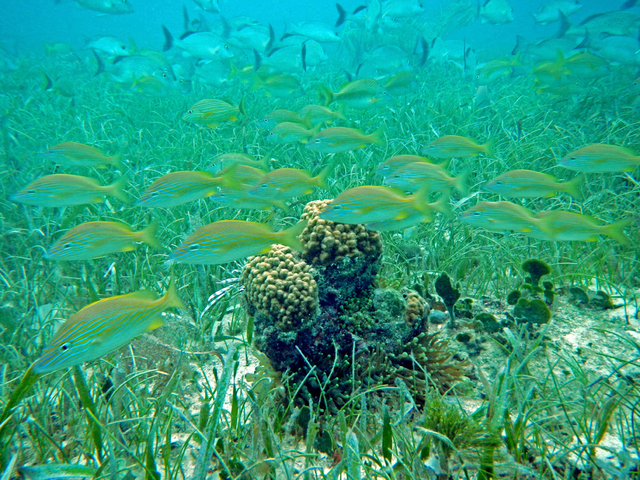¡Viva La Science! The Kinda Good News About Coral Peril
¡Viva La Science!


Springs underwater and the coral reefs that live near them sustain other species.
Elizabeth Crook
Latest Article|September 3, 2020|Free
::Making Grown Men Cry Since 1992


Springs underwater and the coral reefs that live near them sustain other species.
Elizabeth Crook